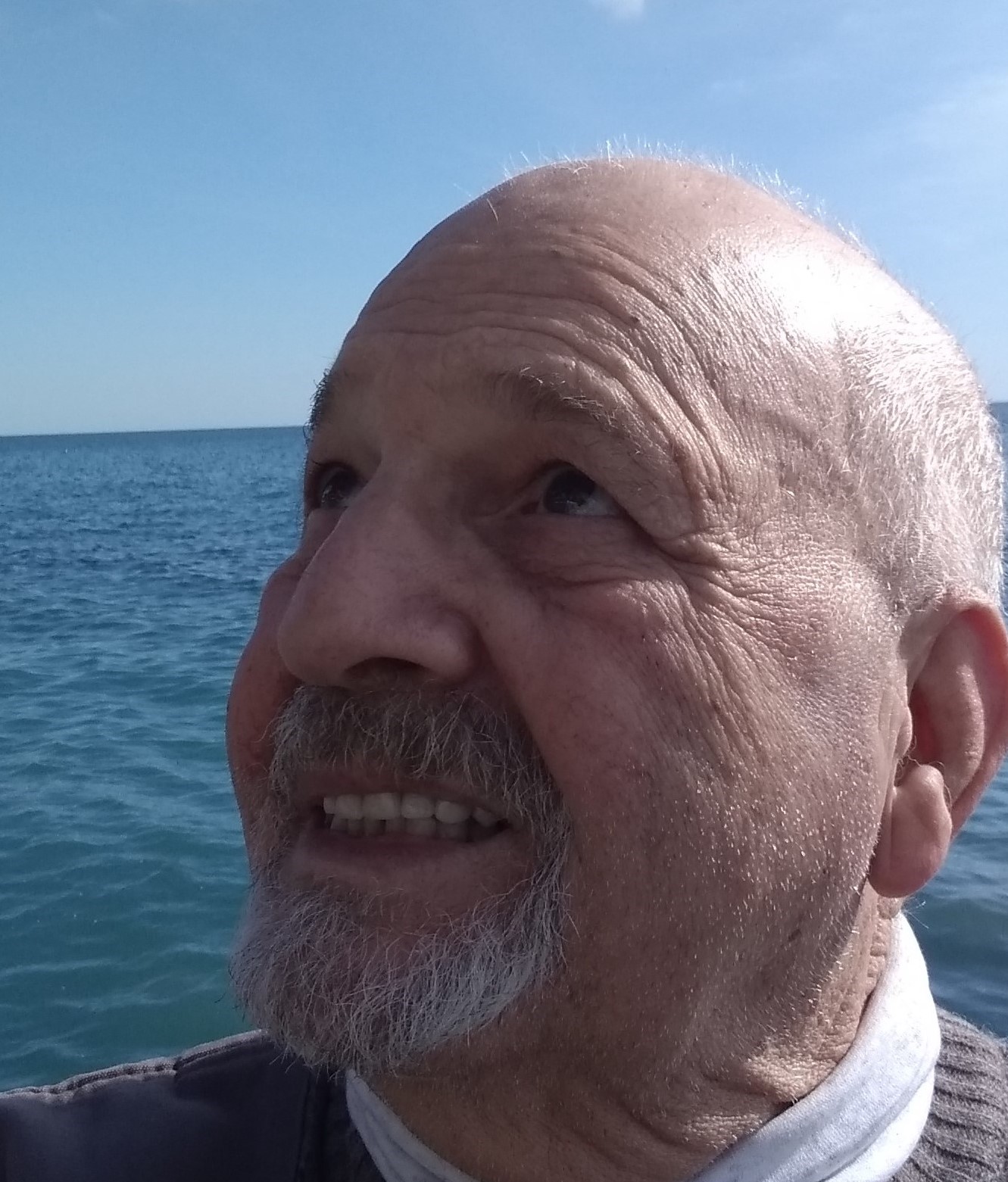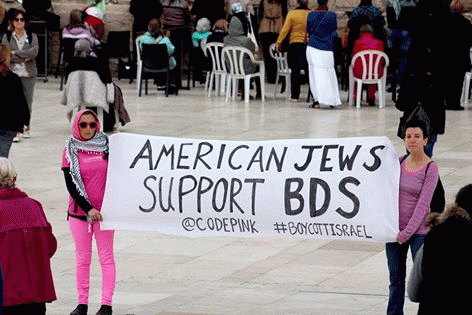A delegation of 23 members of the women's peace activist group CodePink just returned from a 9 day tour of Palestine. I was among the delegates that wanted to show my solidarity with the Palestinian people, meet with Palestinian activist groups and learn about conditions on the ground first hand. The trip was organized to coincide with the Canaan 10 th Annual Olive Harvest Festival at Burqin, Palestine.
The itinerary included visits to the Palestinian cities of Ramallah, Nablus, Nus Jbeil, Sebastia, Jenin, and East Jerusalem. In Ramallah we met with the Stop the Wall Campaign, a Palestinian grassroots organization against apartheid and the illegal Israeli settlements on stolen Palestinian lands. In Nablus we met with women's cooperative organizations that manufacture Palestinian organic olive oil soap, maftoul, freekeh, spices and other products.
In Jenin we met with the Palestinian Fair Trade Association (PFTA), and the Freedom Theatre project in the Jenin refugee camp. Other highlights of the tour included overnight homestays with local Palestinian families, picking olives with Palestinian farmers, gathered with Palestinians in singing the national anthem of Palestine, hiking the mountain trails and picnics under centuries-old olive trees. CodePink organized an impromptitude demonstration in front of a Re-Max sign advertising real estate for sale in the illegal Israeli settlement of Ma'ale Lovona.
We made many Palestinian friends along the way, and it was heartbreaking to listen to the stories and see for ourselves the Palestinians' daily struggles with Israeli occupation. The occupation, the construction of illegal Israeli settlements and the Apartheid Wall has destroyed lives, divided families, devastated local communities, stolen land, uprooted ancient olive trees and desecrated many historical sites.
One of the daily hardships Palestinians endure is the rationing of water. The water for irrigation and even home use is controlled by Israel and expensive. The drilling of water wells and building of cisterns is prohibited, even though much of Israel's water supply comes from the aquifers in Palestine.
Electricity in Palestine is also controlled by Israel, subject to many interruptions and expensive. Normal movement by people is obstructed by the Apartheid Wall, restricted roads, and inhumane Israeli checkpoints. And then there are the nightly night-raids, arbitrary arrests, imprisonment and torture of prisoners. These are but a few of the ways in which Israel exploits, harasses, discriminates and humiliates Palestinians.
During the CodePink group meetings we discussed the Boycott, Divestment and Sanctions (BDS) movement for justice for Palestine, non-violence resistance, and solidarity with the suffering of the Palestinians under Israeli occupation. The group was unanimous in their feeling of being overwhelmed with the experience of standing next to the Apartheid Wall; and with our admiration for the warmth, generosity and hospitality of the Palestinian people.
Palestinians are so friendly that it was not unusual for complete strangers to befriend us, thank us for visiting Palestine and then inviting us to their homes for dinner and to meet their families. Unfortunately we did not have enough time nor enough room in our stomachs for all the delicious Palestinian cuisine to accommodate all the friendly invitations we received.
The Israeli government makes it difficult for visitors to tour Palestine, although it is not against Israeli law to do so. If upon arrival one tells the Israeli passport control officers at the airport that they plan on touring Palestine, one can expect to be interrogated and possibly denied entry. Therefore the CodePink delegates entered Israel discreetly, instead of as a group.
Two American citizens in our delegation were racially profiled upon arrival at the Ben Gurion Airport in Tel Aviv, and questioned for hours before being allowed entry. One Arab-American, a U.S. citizen by birth, was questioned for hours and then denied entry. Her passport was stamped "Denied Entry" by Israel.
The Israelis repeated the same routine upon leaving Israel for the return trip to the U.S. It is best not to mention that one has visited Palestine other than the holy sites or they can expect an interrogation, inspection of luggage and to be searched before leaving; possibly even strip searched.
The Israeli government tries to discourage people from touring Palestine with propaganda that it is unsafe to do so. I can honestly say that while in Palestine there was never a moment when I felt unsafe. Our biggest concern was being harassed by the Israeli authorities. At the airport when leaving one person broke down in tears with anxiety and an 85 year old woman who was too honest was questioned extensively.
Palestine is a nation without its own country. It does exists in the minds, spirit and hearts of Palestinians, those such as CodePink who stand in solidarity with Palestinians, and Palestine is recognized by 136 countries in the world. The biggest obstacles to Palestine having its own state are the United States and Israel.
The Western Wall in East Jerusalem is one of the most significant sites in the world for the Jewish people. It is also the site of the Al-Aqsa mosque and the third holiest site for Muslims. It was very disturbing for me to personally witness a group of several dozen Israeli soldiers there singing and dancing to a song taunting Palestinians that "Palestine is occupied".
Anyone wishing to tour Palestine will find themselves welcomed and they will likely fall in love with the people and the land. We heard one story of an American women staying for five years after being invited to a Palestinian woman's home for a cup of coffee. An excellent guidebook for where to visit, where to find excellent accommodations, and what to expect is Walking Palestine.
(Note: You can view every article as one long page if you sign up as an Advocate Member, or higher).






